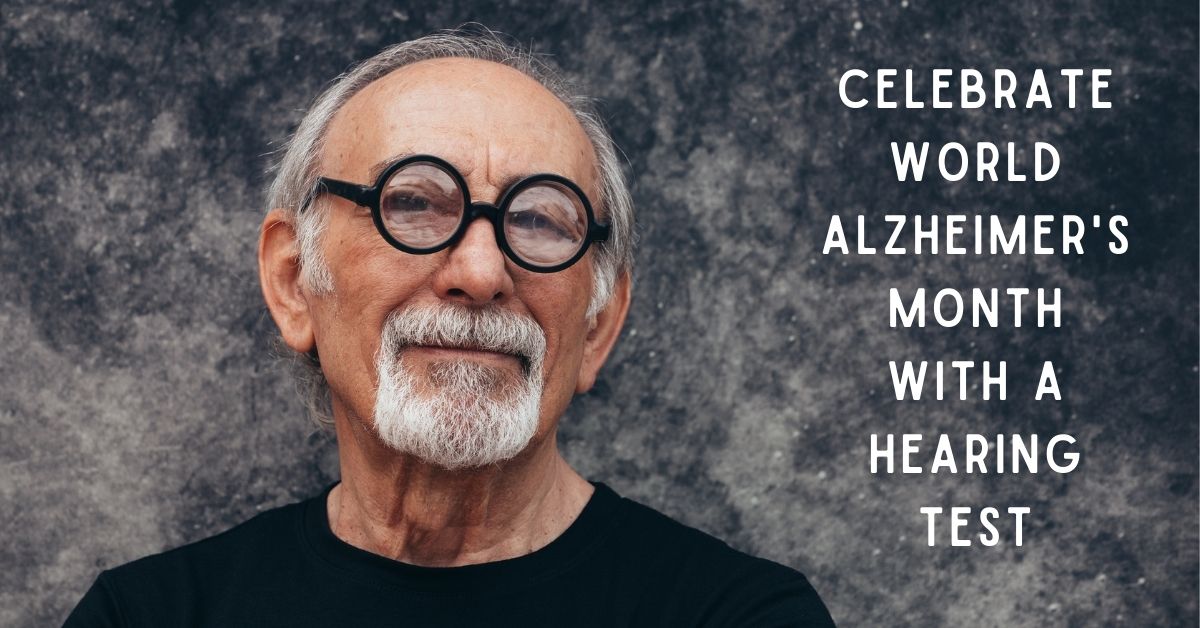

Navigating the healthcare system can be challenging for anyone. Not only do you need to work through layered interactions to make an appointment, but insurance can be another barrier to getting the care that you need. Once you have made it to the office of a healthcare provider, the challenges might not have ended for you.
Describing your symptoms is a delicate balance of providing the details that the doctor needs to know and also emphasizing the most important factors you are experiencing. In the best case, a fluid back-and-forth of analysis, observation, and conversation can help a doctor make a decision about what underlying condition might be causing your symptoms. In the worst case, communication problems might get in the way of a proper diagnosis, which would mean that your condition remains untreated.
Indeed, the latter scenario has been the experience of countless people with hearing loss who go to the doctor seeking assistance. Particularly for those who go alone, the diagnostic questions might be unheard or misinterpreted in the context of a meeting with the doctor. Without this crucial information to make a recommendation, a doctor can be limited in her or his ability to recommend a path of treatment. Although testing and other analytics are available that can bypass this conversation, self-reported symptoms are usually the first point of contact between a doctor and a patient. Without the necessary information, a doctor’s hands are tied.
A few recent studies have gathered results that show exactly this phenomenon for patients with hearing loss and who are hard of hearing. One result showed that those who are hard of hearing are more likely to return to the hospital for treatment within thirty days than those who do not have a hearing impairment. Many of these patients do not self-report as “hearing impaired,” so they do not get the interpretation or support they need to make the conversation clear. The problem was especially striking for older adults, and these are the people who often need health care most.
Resources are available for doctors, nurses, and other medical personnel to provide support for hearing impaired patients. In the first place, interpreters, health advocates, and family support are all crucial to the process. When a friend, family member, or loved one is in the diagnostic conversation, that person can take on the informal task of interpretation. By asking questions in a different way, repeating confusing questions, and supplying information directly, a health advocate can be the essential link between a person who has hearing loss and the doctor’s diagnostic process. In the absence of an advocate, medical personnel require training to become aware of the times when communication support is necessary. Although a person might not report having hearing loss, a doctor or nurse must remain sensitive to the cues that communication is not clear.
What can you do to help your loved one who has hearing impairment in a health care context? The first step is to make sure your loved one will call on you for support. Rather than navigating the healthcare system alone, make sure you are offering your help as an advocate. If an emergency were to occur, instill in your loved one just how important it is that you are called in right away.
Once you are in the room with the doctor, nurse, or other medical professional, you can serve as an interpreter between the world of medical questioning and your loved one’s ability to respond. Without taking the reins or excluding your loved one from the process, your role is to make sure the conversation takes place slowly enough and with enough precision to get all the information across.
If terminology is confusing, it can be helpful to write down pieces of information or to provide background explanations. In addition, if you happen to know from prior context that your loved one is not supplying all the necessary information, don’t hesitate to follow your own line of questioning.
Ultimately, the more durable solution is to pursue treatment for hearing loss, making it possible for your loved one with hearing loss to participate fully in the conversation. If you are ready to seek treatment for hearing loss, contact us today to schedule an appointment.